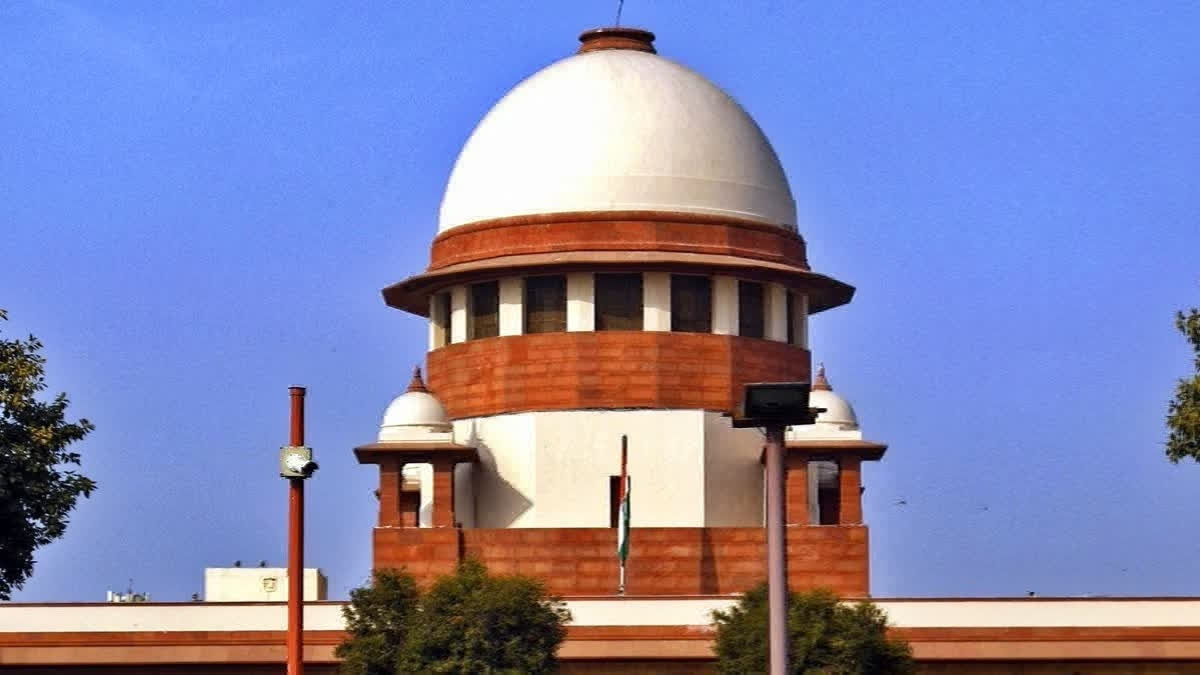New Delhi: The Supreme Court Thursday shot a volley of questions at a counsel, representing one of the accused convicted in the gangrape of Bilkis Bano and the murder of her family members, saying explain how these convicts deserved premature release from prison, they enjoyed a long period of parole (between 1000- 1500 days), and how can be some convicts be privileged?
Senior advocate Sidharth Luthra, representing one of the accused, submitted before a bench comprising Justices BV Nagarathna and Ujjal Bhuyan that the convicts cannot be denied the benefit of remission only on the ground that the crime was heinous.
The apex court agreed with the contention that the nature of the crime and evidence in the case are not factors for considering remission or applications for early release of convicts.
However, the bench pointed out that it has to examine whether the convicts in the Bilkis Bano gangrape case had received any preferential treatment in connection with their premature release from prison.
The top court asked the counsel how these convicts deserved premature release from prison, they enjoyed a long period of parole (between 1000- 1500 days), and how can some convicts be more privileged than others? The bench said, "Are some convicts being treated differently is the question?”
During the hearing, the bench said the question is whether the convicts were given the benefit of remission legally. Luthra contended that the court was not sitting in review and the other side had argued on the nature of crime and evidence.
Luthra said the key question is when will the punishment end? Should these people be deprived of liberty? He further added that does not the executive have the power to decide on this? The hearing in the matter will continue on September 20.
The apex court is hearing a batch of pleas against the decision of the Gujarat government to grant remission to 11 convicts who had gang-raped Bilkis Bano and murdered her family members during the 2002 Gujarat riots.



